Consider this code:
class Test {
Test() {
System.out.println("In constructor of Superclass");
}
int adds(int n1, int n2) {
return(n1+n2);
}
void print(int sum) {
System.out.println("the sums are " + sum);
}
}
class Test1 extends Test {
Test1(int n1, int n2) {
System.out.println("In constructor of Subclass");
int sum = this.adds(n1,n2);
this.print(sum);
}
public static void main(String[] args) {
Test1 a=new Test1(13,12);
Test c=new Test1(15,14);
}
}
If we have a constructor in super class, it will be invoked by every object that we construct for the child class (ex. Object a for class Test1 calls Test1(int n1, int n2) and as well as its parent Test()).
Why does this happen?
The output of this program is:
In constructor of Superclass
In constructor of Subclass
the sums are 25
In constructor of Superclass
In constructor of Subclass
the sums are 29
